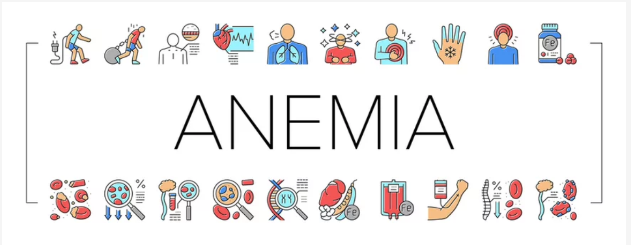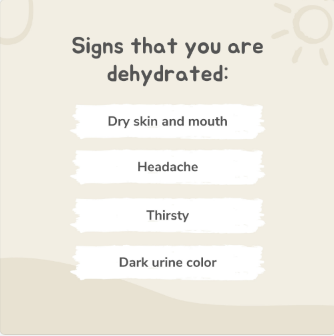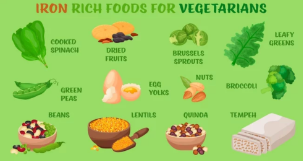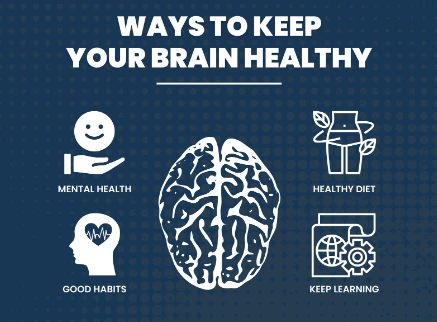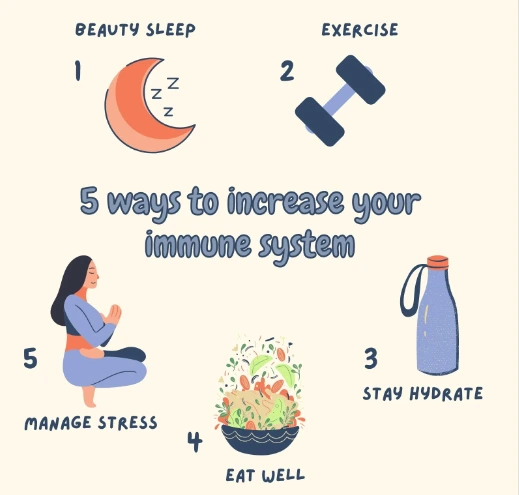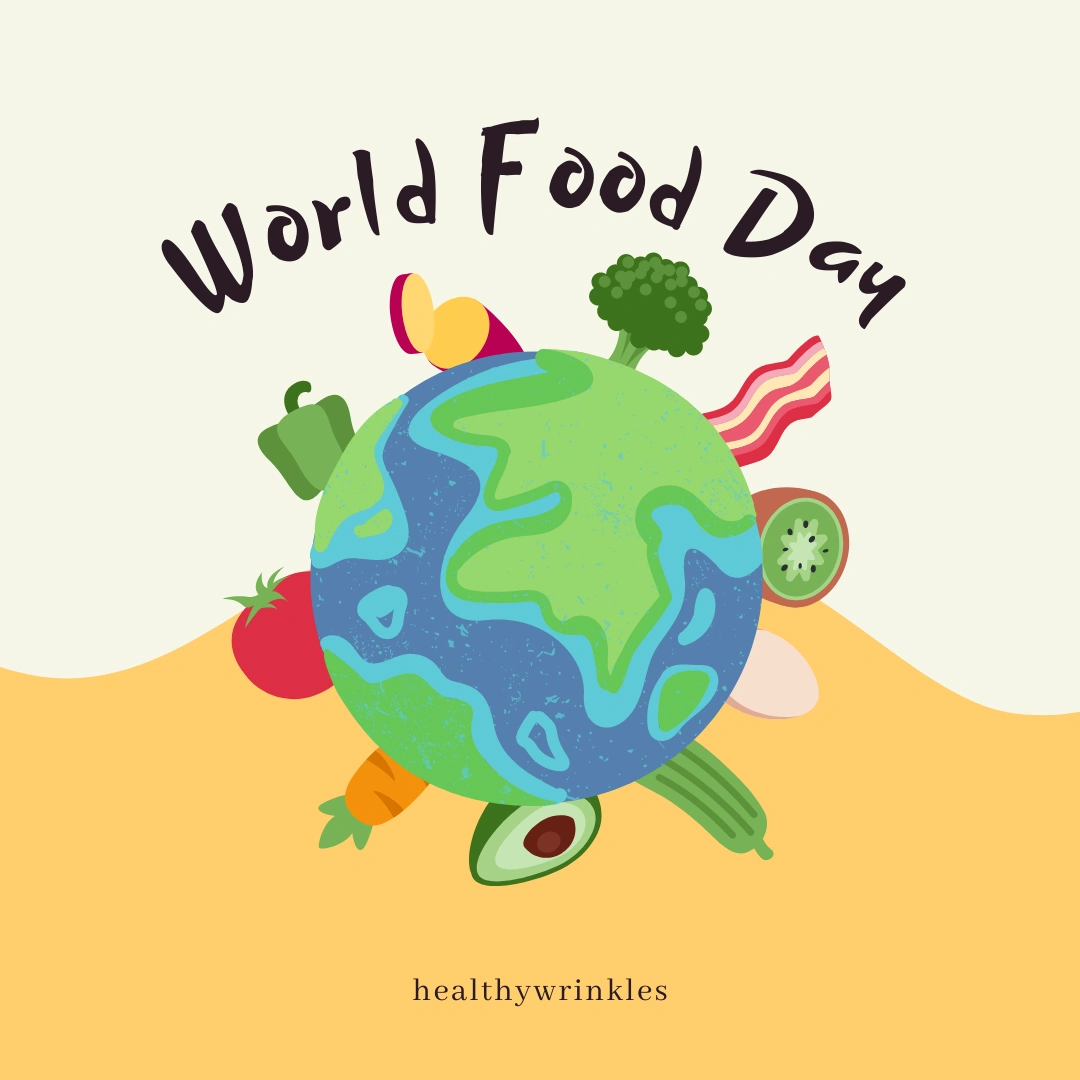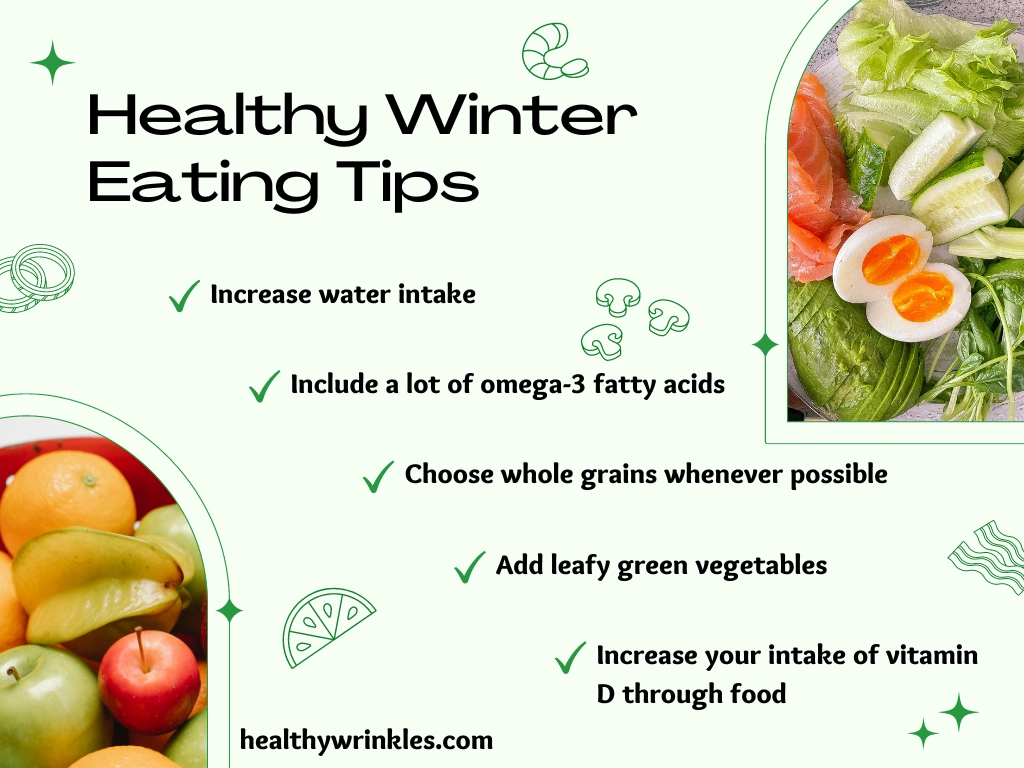Nutrition for Older Adults with Dietary Restrictions How to Stay Healthy
26-09-24
As we age, our nutritional needs change and some older adults may have dietary restrictions due to health conditions or medication. These restrictions can make it challenging to maintain a healthy diet, but it is essential to do so to stay healthy and prevent chronic diseases. In this article, we will discuss how older adults can maintain a healthy diet despite dietary restrictions.
Firstly, it is essential to understand what dietary restrictions are and why they are necessary. Dietary restrictions are limitations on what foods or drinks a person can consume. These restrictions are often necessary for older adults who have health conditions such as diabetes, high blood pressure, or kidney disease. Dietary restrictions can also be due to medication interactions, making certain foods or nutrients dangerous to consume. Talk to experts before making major changes to your diet, Healthywrinkles has a long and one of the best lists of nutritionists in Nashik.
To stay healthy despite dietary restrictions, older adults need to focus on nutrient-dense foods that provide essential vitamins and minerals without exacerbating their health conditions. This means consuming foods rich in fiber, vitamins, and minerals while limiting saturated fats, added sugars, and sodium.
One way to ensure that you are getting the nutrients you need is to focus on a plant-based diet. This includes consuming plenty of fruits, vegetables, whole grains, nuts, and seeds. These foods are high in fiber, which can help regulate blood sugar levels and promote digestive health. Additionally, plant-based foods are rich in vitamins and minerals such as vitamin C, vitamin A, and potassium, which are essential for maintaining healthy bones, skin, and eyesight. Here is a curated playlist on diet and nutrition for seniors from our nutrition experts.
Another crucial aspect of a healthy diet is adequate protein intake. Older adults need more protein than younger adults to maintain muscle mass, which is crucial for maintaining mobility and preventing falls. However, some protein sources may not be suitable for those with dietary restrictions. For example, individuals with kidney disease may need to limit their intake of high-protein foods such as meat, poultry, and dairy products. In this case, plant-based protein sources such as beans, lentils, and tofu can provide the necessary protein without exacerbating the condition. Watch diet tips for the elderly from Geeta Shenoy.
When it comes to healthy fats, it is essential to focus on unsaturated fats found in foods such as avocados, nuts, and olive oil. These fats can help improve cholesterol levels, reduce inflammation, and promote heart health. However, older adults with dietary restrictions may need to limit their intake of certain fats, such as saturated and trans fats, which can increase the risk of heart disease.
In addition to a healthy diet, older adults with dietary restrictions can benefit from regular physical activity. Exercise can help maintain muscle mass, improve mobility, and prevent chronic diseases such as diabetes and heart disease. Even low-impact activities such as walking or swimming can have significant health benefits.
In conclusion, older adults with dietary restrictions can maintain a healthy diet by focusing on nutrient-dense, plant-based foods while limiting saturated fats, added sugars, and sodium. Adequate protein intake is also crucial for maintaining muscle mass, but individuals with dietary restrictions may need to choose plant-based protein sources over animal-based sources. In addition to a healthy diet, regular physical activity can have significant health benefits for older adults. By following these guidelines, older adults with dietary restrictions can stay healthy and prevent chronic diseases.
